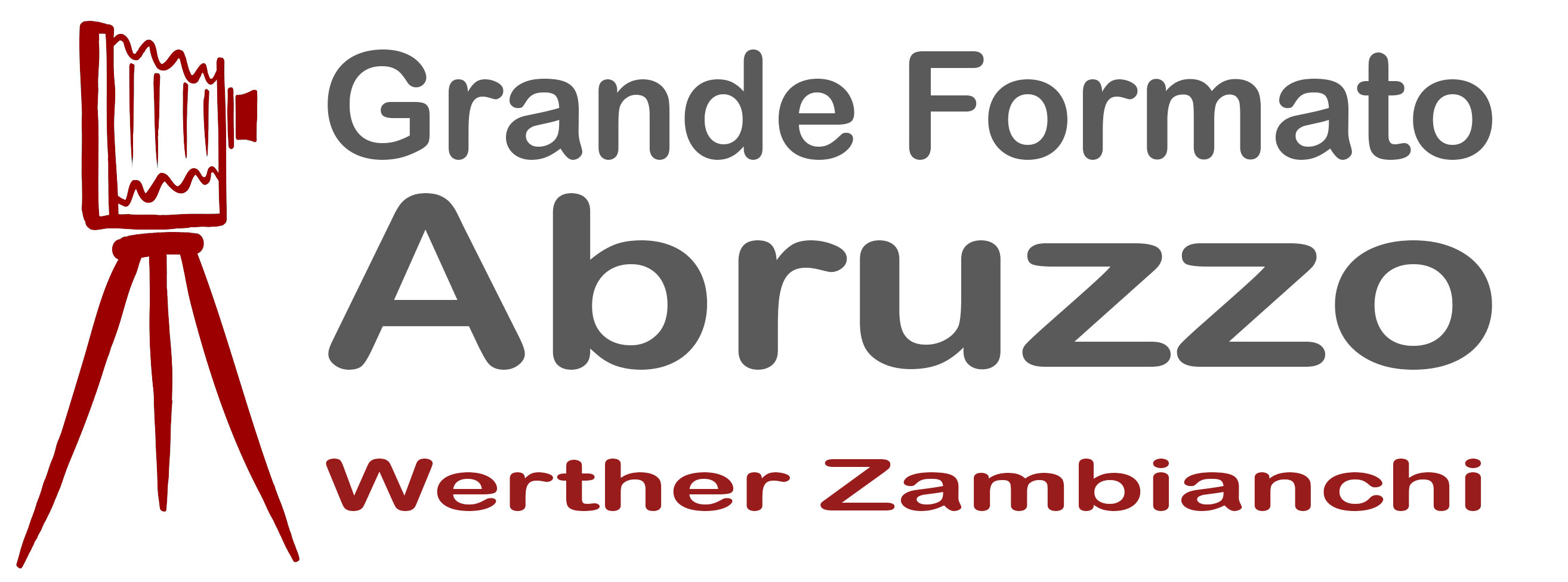Naviga in questa discussione:
1 Utenti anonimi
Refinal: chi era costui? |
||
|---|---|---|

Iscritto il:
17/5/2011 15:12 Da Milano
Messaggi:
344
 |
Ciao a tutti,
qualche tempo fa, il buon Valerio mi ha fatto omaggio di una confezione in polvere di AGFA REFINAL. In rete ho trovato bene poche informazioni: ho letto che è un "cugino" del D-76. Mentre in altri lidi ho appreso che è imparentato col microdol (credo). insomma, ho una gran confusione in mente. Qualcuno lo ha mai usato o lo conosce? Grazie, Enrico.
Inviato: 25/6/2012 10:15
|
|
 Trasferisci Trasferisci
|
||
Re: Refinal: chi era costui? |
||
|---|---|---|

Iscritto il:
27/4/2006 13:48 Da Roma
Messaggi:
2755
 |
Vado a memoria, perdonami eventuali inesattezze.
Il Refinal è uno sviluppo finegranulante con una formula tamponata al borato di sodio, idrochinone e qualcosa di simile al Phenidone (che è un nome ed un brevetto Ilford). Era infatti considerato il microphen dell'Agfa, e come tale incrementa la sensibilità a parità di contrasto. Ampia sitografia in inglese, tra cui questo: 5.2 Refinal Allround very high yield balancing developer in powder form which, as drum, small tank or tray developer and – with proper r epl eni shment – a s de ep t ank de v e lope r , wi l l ensur e a consistently high speed yield and uniform gradation over particularly long periods. Refinal produces fine grain and sharp contours. Mixing instructions Stir Part A into at least 75 % of the total quantity of water needed at 40 °C until completely dissolved. Then stir in Part B. After it has dissolved, top up with water to the final volume. It is not advisable to weigh part-quantities for smaller volumes, since the chemicals may have been separated by vibration during transport. Specific gravities of freshly mixed solutions (at 20 °C): 1.064 – 1.070 = developer/ 1.072 – 1.078 = replenisher C-SW16 9Yield With replenished processes – approx. 14 ml replenisher per 135-36 film: 71 films 135-36 with 1 litre replenisher. Yield without replenishment: • 10 – 12 films 135-36 or rollfilms 120 per litre • 50 – 60 sheet films 9 × 12 cm per litre (= 0.5 – 0.65 m²) Replenishment: see page 11. Life The developer can be kept dry in the original pack at room temperature for at least two years. Unused fresh solution will keep in brimful tightly capped bottles for about six months. Used developer should be stored separately from fresh. The life of used developer is reduced to about three months. The life of replenished developer in tanks with floating lids is at least twelve months. Developing times (at 20 °C) Small tank, tray Contrast APX 100 APX 400 ? 0.65 6 min 5 min 0 24 22 20 18 2 4 6 8 10 12 14 16 18 APX 400 APX 100 Refinal Developer temperature (°C) Developing times at different temperatures (small tank, ? = 0.65) Developing time (min) Rotary process (drum) Contrast APX 100 APX 400 ? 0.55 3 min 3 min ? 0.65 5 min 5 min ? 0.75 8 min 8 min Agitation Tray: Continuous agitation. Small/big tank: Continuous for the first minute, then every 30 seconds Drum: Continuous, changing the direction of rotation. Process in tanks The optimum developing time is governed by the printing process concerned, the processing temperature and the gradation required. The times can be individually determined, depending on the film type and the above criteria. The following developing times are given here as guides. Temperature Time 18 C° 7 – 9 min 20 C° 5 – 7 min 22 C° 4 – 5 min 24 C° 3 – 4 min Film speed (exposure index = ? 0.65) Film type Time * Speed Agfapan APX 100 6 min ISO 160/23° Agfapan APX 400 5 min ISO 500/28° Fuji Neopan 400 Prof. 3.5 min ISO 320/26° Fuji Neopan 1600 Prof. 3.5 min ISO 400/27° Ilford PAN-F Plus 4 min ISO 50/18° Ilford FP 4 Plus 7 min ISO 160/23° Ilford HP 5 Plus 5 min ISO 640/29° Ilford Delta 100 5 min ISO 125/22° Ilford Delta 400 5 min ISO 400/27° Ilford Delta 3200 6 min ISO 1250/32° Ilford SFX 200 4 min ISO 125/22° Kodak Plus-X 4 min ISO 125/22° Kodak Tri-X 4 min ISO 400/27° Kodak T-MAX 100 5 min ISO 80/20° Kodak T-MAX 400 4 min ISO 400/27° Kodak T-MAX p3200 6 min ISO 1600/33° Kodak Recording 2475 5 min ISO 800/30° * Small tank or tray processing at 20 °C. fonte: http://mauglee.kitox.com/files/agfa_bw_film_chemicals_en.pdf
Inviato: 25/6/2012 15:38
|
|
|
Franz ...Tessera "Bromuro d'argento" C.F.A.O. n. AgBr 31...... -------------------------------------- www.franzgustincich.it - Empirici di tutto il mondo, unitevi!...... |
||
 Trasferisci Trasferisci
|
||
Puoi vedere le discussioni.
Non puoi inviare messaggi.
Non puoi rispondere.
Non puoi modificare.
Non puoi cancellare.
Non puoi aggiungere sondaggi.
Non puoi votare.
Non puoi allegare files.
Non puoi inviare messaggi senza approvazione.













